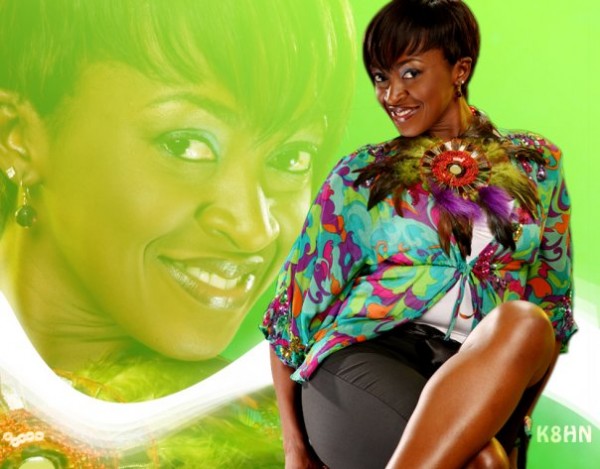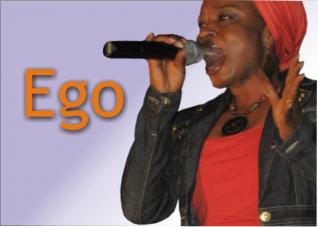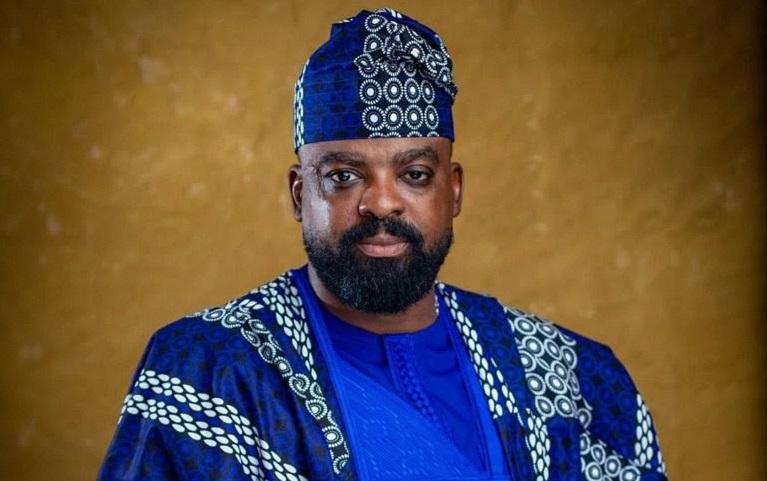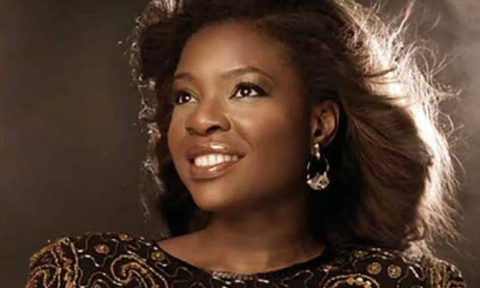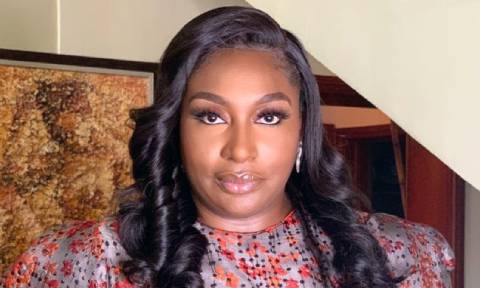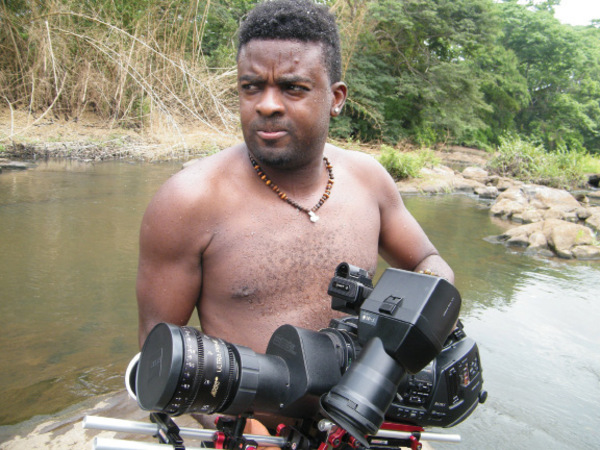
Getting time to interview The Figurine producer and actor, Kunle Afolayan, amidst extensive preparations for the premiere of his latest creation, was no easy task. We finally found time a few hours before the premiere to sit down and get the interview underway. Well, things didn’t run that smoothly, but three hours after my arrival, Afolayan – and his entourage, which included Ramsey Nouah – walked through the doors, all apologetic, greeting me with a warm smile and big hug.
A passion for filmmaking
Throughout the interview, Afolayan spoke eloquently and passionately about the film industry. We started with a review of his early film career, and time at the New York Film Academy in London:
“Before I left banking, I was doing a bit of acting here and there. For me, acting can be fluked, acting can be done by anybody. But filmmaking – you have to be a professional, you need to learn it. If you’re talking about change, you can’t sit down and criticise people; you need to also learn and do it the right way, and the only right way is to acquire more knowledge about what you want to do. I concluded that I wanted to go to film school and I did an intensive course so that I can at least have a wider experience and knowledge about how to go about this thing. So I started Digital Filmmaking and that has really helped.”
Kunle Afolayan is the son of late filmmaker popularly known as Ade Love. I asked if his father ever encouraged him to take up acting:
“No he never did. People in that league or school of thought, they always have this conservative idea. But wherever he is, I’m sure he will be glad that the legacy he left behind still lives on.”
Breaking the Barriers
With his multi-cultural approach, Kunle Afolayan has decentralised the typical mode of single language movies in Nigeria, thereby breaking the unspoken myth that ‘Nigerian’ movies are ‘English speaking’ movies, while ‘Yoruba’ movies are ‘Yoruba speaking’ movies, and so on. Through Irapada and The Figurine, the filmmaker has introduced diversity to Nollywood.
“We have such diverse cultures and languages and we express ourselves better when we speak our language. When people speak their native language they communicate better. All those humour… all those things can be put into play when you’re very natural, when you speak your language. I want to do indigenous stuff that I can take international; I want the whole world to see how we truly are in Nigeria. We are not English, we are Africans.”
As we spoke about the production of The Figurine, it was clear he was reliving the difficulties and stress that a producer in Nigeria must go through to make a quality film:
“It wasn’t fun at all; it was a tug of war, it was hectic… We encountered a lot of challenges during the production and that was basically because the environment where we found ourselves was not too friendly. In Nigeria, we don’t have film studios where we could go and you have everything set up. Everything was done on location and it wasn’t even easy getting all those locations. Aside that, raising funds was the greatest challenge.” He continues, “today all those things are stories…I just believe with dedication you always get to where you want to get.”
Advice to Nigerian filmmakers
“Be ready to take the bold step; learn more on the business aspect of filmmaking. A good product will always sell itself. If your product is good it stands the chance of making a return in a short while. But the first thing that cannot be compromised is the quality. As a filmmaker, I can only say this is just the beginning of better things to come from Nigeria.” He goes on to say, “I think the dream of any average filmmaker is to always improve on their work and when we shot ‘Irapada’ all we wanted to do is to make a change, and we thank God that at least the film was accepted”.
The Premiere
The premiere of The Figurine at the Odeon cinema in North Greenwich was well turned out, exceeding the expectations of the organisers who had planned to use only two screens but ended up having to request for more.
It was a star studded event with many familiar faces on the red carpet.
Rita Dominic looking beautiful as ever, was there to support the industry. Speaking to me on the red carpet, she said “This is the kind of movie that I think we should be making that will put Nigeria on the international market.”
Ramsey Nouah said he felt absolutely exhilarated at the large turn out for the premiere. “It’s good to see a whole lot of people celebrating our movies”.
Humble as usual, Kunle Afolayan said he felt great to be getting this type of acceptance; “This is even greater than what we experienced in Nigeria, so it’s a good omen”.
Sammy Okposo paid tribute to Afolayan for his superb contribution to Nollywood:
“Kunle, I respect you because you do not take your work lightly. From the trailer I have seen, the technical wow! – I am proud to be Nigerian.”
Successful British actress, Ellen Thomas, attended the premiere along with rising playwright, Bola Agbeja – and several other British actresses, all of whom expressed their eagerness to appear in Nigerian movies.
“I’ve come to support the Nigerian film industry because here in Britain we’re feeling very left out. For the longest time I’ve been interested in Nollywood and I’d love to do a Nollywood movie but I’ve never been asked,” said Thomas. “There are lots of African-Caribbean actors in the UK who are longing and waiting for a call from Nollywood” said Ellen Thomas.
Sold Out
Tickets for the premiere sold out even before the night, leaving many who had not booked waiting for several hours. This quite understandably angered many fans who had traveled from as far as Manchester but could not get in.
Afolayan said he is looking into having more screenings in many London cinemas, and possibly Birmingham and Manchester. The turn out was simply unexpected and unprecedented for the premiere of a Nigerian movie in the UK.
The Review
The Figurine lived up to expectations. Unique is what I would use to describe it. While there were a few moments of poor lighting, out of focus shots and shaky camera work, the storyline and cinematography was simply superb with a surprising twist at the end.
The Figurine is a good example of the standards that Nollywood producers should be aiming for. If this is what Golden Effects succeeded Irapada with, then I am certain we have more creative and magnificent movies yet to come from Kunle Afolayan.
